Everything You Need to Know About the Eurail Pass
Updated: March 21, 2020

Gallivanting around Europe is nothing new to young explorers. For those taking the leap to travel Europe for an extended period of time, there is one key element that will make or break the trip.
How will they see it all?
The options are pretty simple:
- Rent a car
- Fly
- Buy a Eurail pass
- Hitchhike
Decades ago, renting a car was the cheapest option for travelers. This made the decision easy. Travel where you like, when you like, with no limits to where your wheels will take you.
Once the Eurail pass was developed, travelers moved to the new affordable option. It took the stress away from car accidents, traffic stress, and expensive tolls that can be found throughout Europe.
Today, many still use other methods, but flying is becoming increasingly popular among travelers due to budget airlines like Ryanair. Flying from Paris to Rome for $30? Not too bad.
Hitchhiking was never that common, but heck, it's a fun way to get around sometimes.
There are pros and cons to each major mode of transportation.
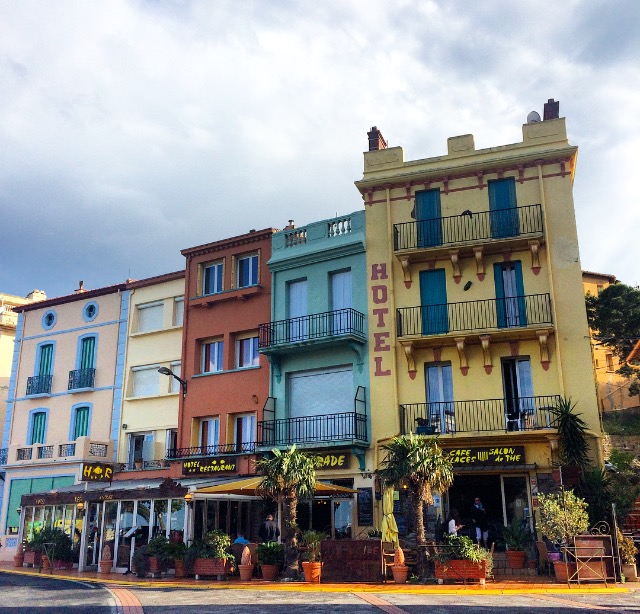
Renting a car: This is the single most effective transportation for those that are looking for complete freedom. However, add in the cost (short-term leases cost around $3000 for a compact car), gas, and tolls around Europe (there are a lot), the total investment for a 3-month journey will easily reach $5000.
Flying: It's quick. Get from point A to Point B in less than two hours. This choice is for the traveler looking to spend time in big cities and who plan everything ahead of time (aka the furthest thing from myself). You'll only find good deals in major cities, and many times you will have to pay extra for taxies or Uber's to your accommodation.
Eurail: Oh, the Eurail pass. This was my personal method of transportation. If looking to invest in the pass, there are a few things you should know:

1. It can be extremely cost-effective...or a complete waste of money.
A 3-month unlimited Eurail pass costs around $1,200 USD. Upfront that sounds pricey. The truth is that it is only worth the cost if you make it worth the cost. If you visit 25 European countries in a span of 3 months, taking hundreds of trains over that time, it's worth every penny. From Portugal to Greece to Norway, we rode well over $2,000 worth of trains, making the investment extremely worth it.
However, if you plan to travel to Europe for three months, but only travel to 5 countries, you may end up losing money.
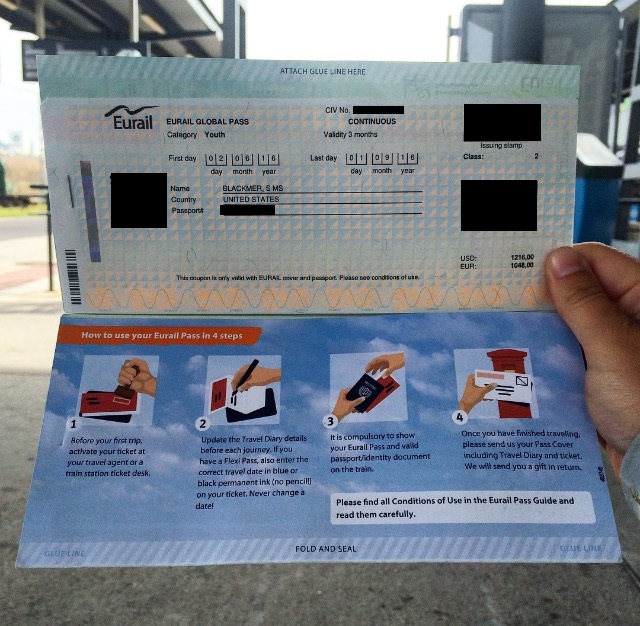
2. Your pass is a piece of paper
And if you lose it? Yeah, you're out $1,200. Ouch.
It's 2020, and the Eurail pass should be a card (or anything but a piece of paper). Everyone who buys the pass should have a way of protecting it. I had a foldable wallet as big as a planner that kept it safe. I protected it with my life.

3. Not all countries are created equal
If you are thinking about visiting Spain, the Eurail pass may not be the best option. Here, it is required to make a reservation before most of the trains. The Eurail is meant to save money and time waiting in lines for a seat. In a country like Spain, you still must wait in line and spend anywhere from $5-$25 to make the reservation.
In countries like Germany, Sweden, and Poland the tickets can be used everywhere, without hassle, and without any questions. The trains take you to the smallest of towns and quietest beaches. Not to mention are they usually on time, clean, and have working toilets. WIN.

4. Western and Eastern European trains are different
In Western Europe, the trains are relatively new. Most are equipped with charging ports, there are multiple trains to multiple destinations every day, and most of the staff speak at least a little bit of English.
Eastern Europe has old trains. Think no air conditioning, leave once a day, and the staff speak little-to-no English. The hardest part of eastern European trains (for females) is that the bathrooms usually do not have toilet paper, rarely include soap, and sometimes have no water for handwashing. Heck, in Bosnia it dropped the waste right onto the tracks. Huh.
I actually didn't mind the Eastern European trains much, except when it was hot without A/C. Then I just hung my head out the window and contemplated making an escape into the nearby (and very dirty) river. At least the one advantage of these trains is that they were more vacant than Western trains.
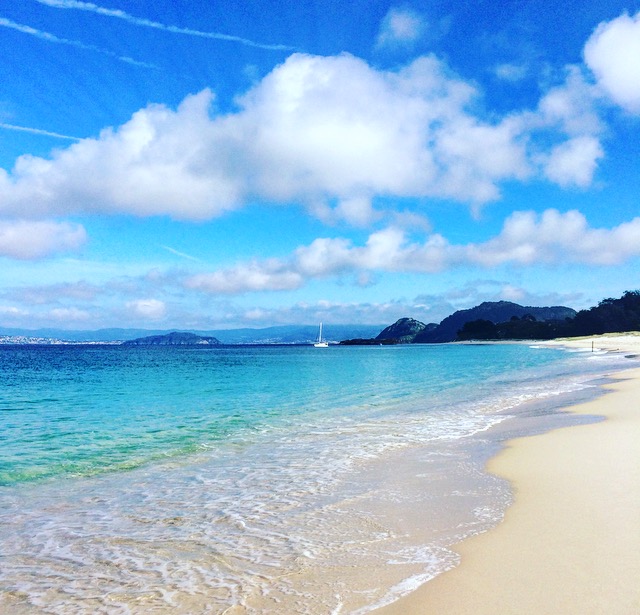
5. Never forget your water
On nearly all trains the bathroom water onboard is undrinkable. This means that you will want to bring enough water for the entire journey. Trains in Scandinavia and Germany usually have water to buy (for a hefty price). Other countries around Europe don't have the option to purchase beverages onboard, which means running out of water makes for a very uncomfortable ride.
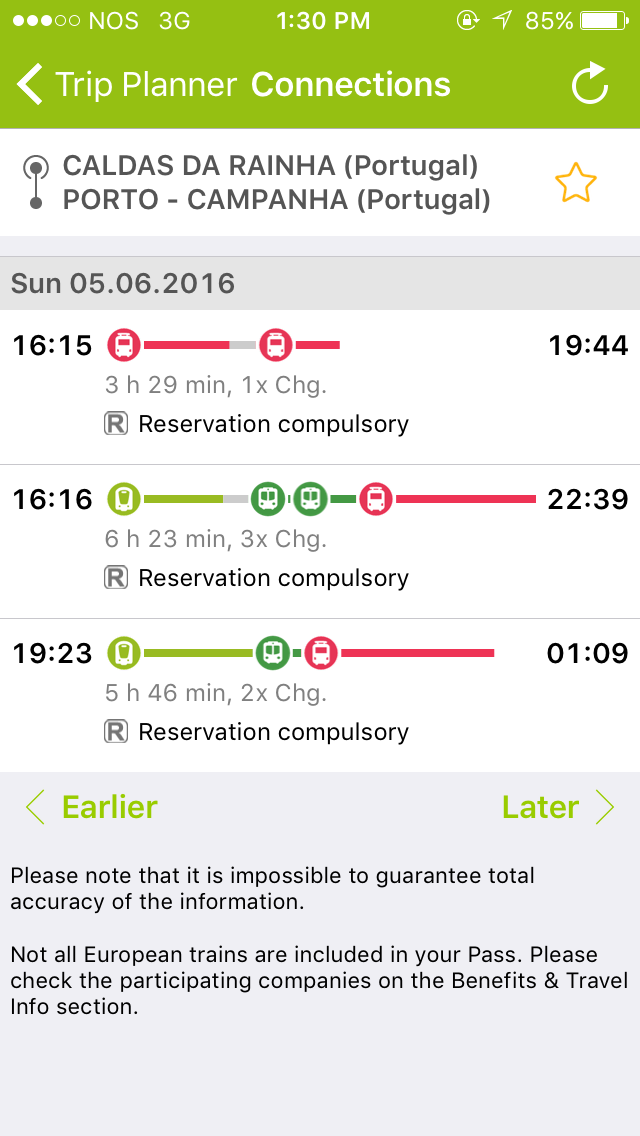
6. There is a really convenient app
Without the "Rail Planner" app, life traveling around Europe would be much more difficult. It works offline (so no service, no problem) and lists every train, time, station and connection for every country. By entering a general time of departure, the app creates a timetable of all trains leaving on and after that time, along with how many train changes are needed to get to your destination, and how long it will take to arrive.
I was skeptical of the accuracy of the app at the beginning of the journey, however, it proved to be 98% correct. Greece was the main country where the Eurail app did not list all trains or correct times for destinations.
In Greece, they also like to go on handy train strikes without warning. So you may just get up at the crack of dawn to catch a train that won't show for another THREE DAYS.
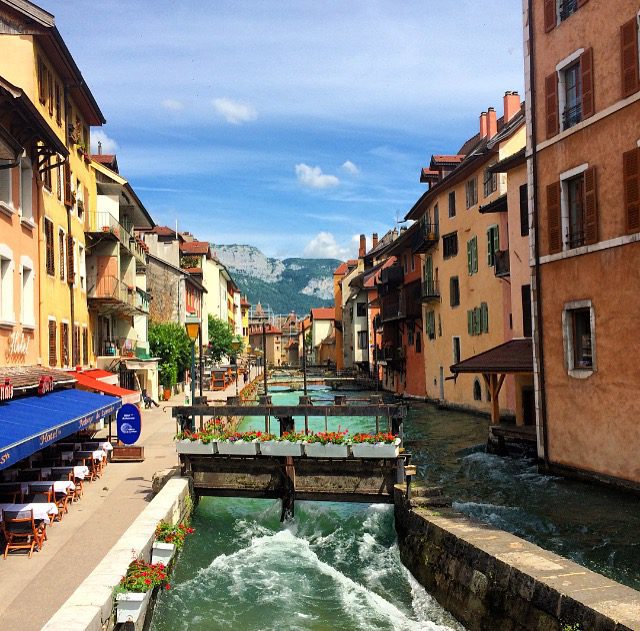
7. Eurail reservations are sneaky
Every train on the app is labeled as "no reservation required", "reservation recommended", or "reservation required".
Many times, "reservation only" trains get from point A to point B quicker. However, if a train is "reservation only", you must make the reservation at the specific train station, and usually pay an extra fee for the reservation. In high-tourist destinations it is common for these trains to be completely booked before departure, meaning it is essential to make the reservation before planning to leave.
There are other trains labeled "reservations recommended". This means there are assigned seats on the train and are often booked out. Making a reservation is the only way to ensure a secure spot on the train, but also costs extra. However, not making a reservation can have extremely sucky consequences.
In Zagreb, Croatia we planned to take a night train to Split on the coast. The train left at midnight with a "reservation recommended" title. We did not make a reservation and when the train arrived it was completed booked. It left without us, and we spent the night laying on our shower towels in the Zagreb train station.

8. "Trip logging" is extremely unorganized
You never know what the conductors are going to need from you. Some barely look at the pass and move to the next passenger. Some do a full dissection of your log to make sure it is correct. The pass only provides 25 lines for logging train trips. Each leg of a trip is supposed to be recorded on this log, and each conductor is meant to sign or stamp the entry.
There are two problems with this:
- If you buy a 3-month Eurail pass, you will use WAY more than 25 train connections. You can get more log lines, but they must be printed from a computer. Who carries a printer when backpacking Europe?!
- Only about 30% of train conductors actually check the log, making it extremely difficult to know when you should put the time in to make an entry. Those who do check take the job seriously and are stern if you haven't filled the logout.
What's the consensus on the Eurail Pass? It's handy but has flaws. The pass covers thousands of towns throughout Europe. If you wish you can take the rail high above the Arctic Circle, to the border of Syria, and to the southern tip of Spain. It's not always comfortable, and often times far from glamorous, but a grand adventure.

At any given moment, Shalee is either lost, hunting for ice cream, or obsessively planning her next adventure.
Born and raised in rural Michigan, she began exploring the shores of Great Lakes as a teen, often sleeping in her car to save money. Eventually, her urge to explore pushed beyond her Midwest borders. Today, Shalee shares her tips and stories to thousands of readers interested in adventure and outdoor tourism. Her pack now includes two spunky hiking cats and her partner, Josh. Learn more about her here.
Join the Adventure




Thank you for this articlce!
I have ever been in Europe and it was an amazing experience! I also did a website about it with some articles:
https://operalphotography.wordpress.com/category/europe/
Thank you! Do the night trains have showers?
Unfortunately, most do not. If you buy first-class tickets in countries such as Germany they might offer showers (don’t quote me on that). I sure wish they did!